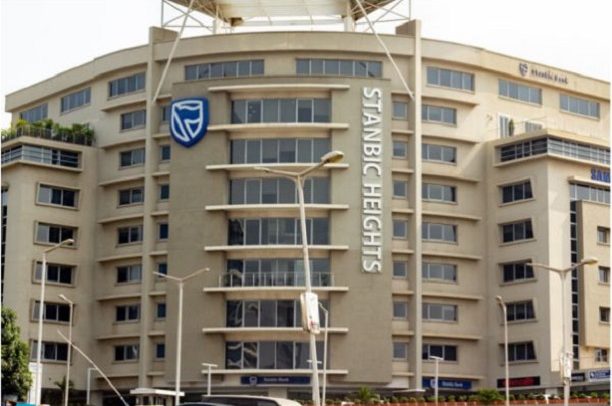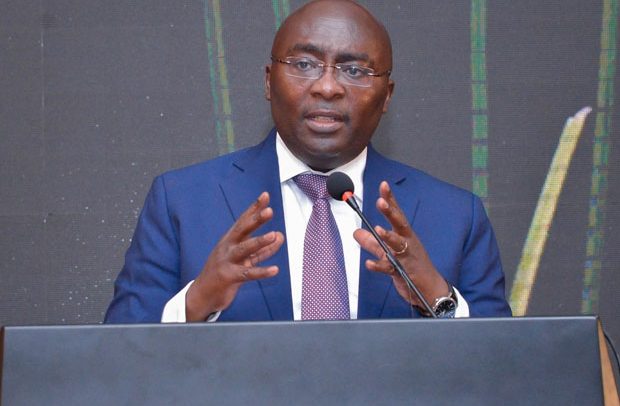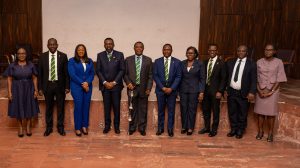
The ability of government to meet the revenue targets outlined in the 2017 Budget and Financial Statement in the light of the tax reviews will depend on a number of factors.
These include the strict adherence of plans outlined under paragraph 16 of the Budget Statement, strengthening tax administration, reducing tax exemptions and plugging revenue loopholes and leakages, combating tax evasion and broadening the tax base.
Mr Abdallah Ali-Nakyea, a tax Consultant, made these known at a public lecture in Accra on Friday.
Mr Ali-Nakyea, however, lauded the abolishing of indirect taxes as a positive move that would reduce the cost of doing business and lessen the burden on consumers.
He expressed concern about the illicit financial flows resulting from transfer pricing abuses in the extractive sector and described the exemption of the Ghana Stock Exchange (GSE) from taxation as having outlived its usefulness as a stimulus for businesses listed on the GSE to raise funds.
He said tax exemptions on government contracts and grants should be reviewed as what was lost from the exemptions was more than what the state was borrowing.
In a presentation, Mr Martin Kolbil Yamborigya of the Ghana Revenue Authority (GRA)said government would be able to meet its revenue targets if the economy performed well.
Mr Yamborigya said meeting revenue targets would, therefore, require efficiency in tax collection by GRA, proper co-ordination between tax policy and tax administration, the efficient management of tax exemptions and reduced corruption in tax collection.
He stressed the need to seal the tax loopholes and bring in potential tax payers who were outside the tax net, but were earning significant profits.
Furthermore, he said, there was also the need to conduct external checks to enforce tax compliance.
He also called for resources to be directed on improved auditing processes and tools, such as automation and staff training.
Mr Yamborigiya added that data played an important role in identifying potential tax payers, adding that the National Identification System would be helpful in priding the required data.
For his part, Mr Anthony Dadzra, who represented the Deputy Minister for Finance in charge of Revenue Collection, said meeting the revenue targets was possible and that the onus rested on the GRA to efficiently collect the revenue.
In his remarks the President of ICAG, Mr Christian Sottie, charged journalists to be abreast of tax laws in order to be able to help promote a healthy tax regime.
Mr Sottie, in a response to a call for churches to pay tax, noted that the churches were engaged in charitable work, with 40 per cent of schools and hospitals in the country being operated by them.
He said taxing the church would discourage it from giving off its best in complementing government's efforts in doing social work.
He disclosed that the enumeration of residential apartments was on-going, after which there would be a determination as to whether or not the apartments were owner-occupied or rented, with a view to taxing them.
The lecture, organized by the Institute of Chartered Accountants, Ghana (ICAG), was on the theme: 'The 2017 Budget and Tax Reviews--Can the Government Meet its Revenue Targets?"
The quarterly public lectures provide the platform for the Institute to present is views on or discuss national and key government policies.
The 2017 Budget statement contains tax cuts aimed at freeing up capital in the private sector and boosting growth in the economy.
The lecture, therefore, aimed to interrogate the issues for possible interventions in overcoming the challenges arising from the tax cuts
Source: ISD (G.D. Zaney)
Read Full Story






















Facebook
Twitter
Pinterest
Instagram
Google+
YouTube
LinkedIn
RSS